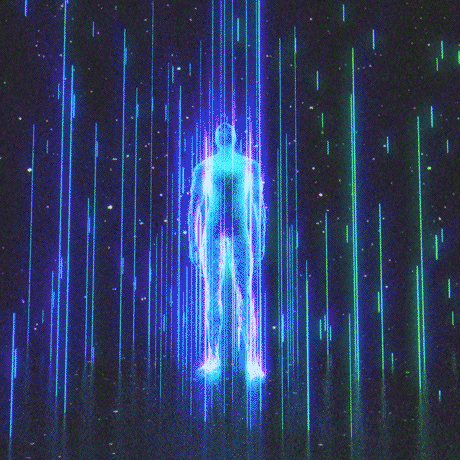Yes morals won’t keep you afloat. But FAANG, military defense contractors, and the other most terrible industries waaaay overpay on cost of living, and other industries are also looking to compensate well for expertise (minus some compensation for all the exploitation you wouldn’t be contributing to).
What you’re describing is the development of a paranoid conservative mindset in response to traumatic global events. This is how my conservative Fox News brainrot parents describe the world, and they are the type to own guns because they’re deathly afraid of home intruders even though their city’s crime index is among the best in the country.




Read the article instead of responding to the title. It was a university conducting formal research, which created AI bots that impersonated different identities. “As a black man…” style posts in ChangeMyView.
The subreddit mods issued a formal complaint to the university when they learned of it, but the university is choosing not to block its publishing on the grounds of lack of harm.